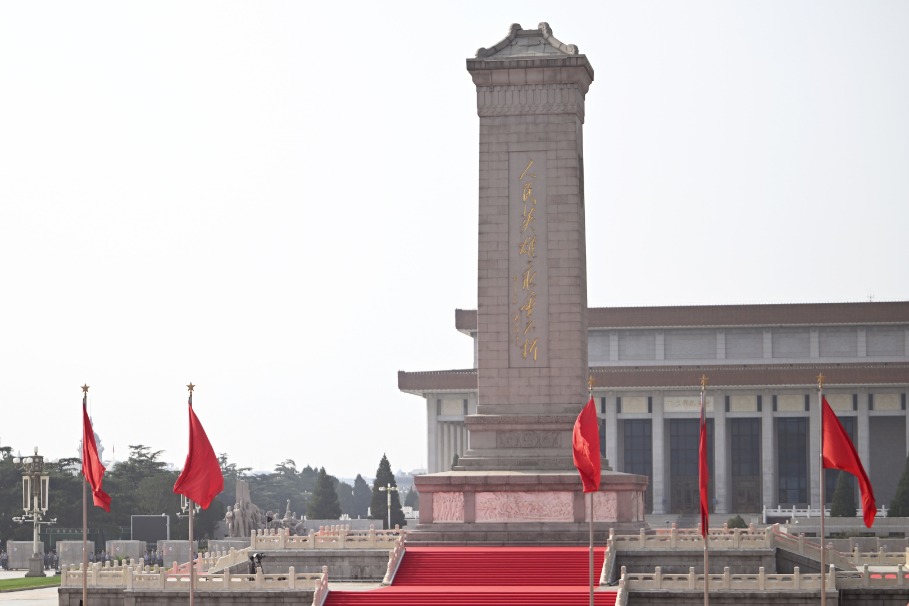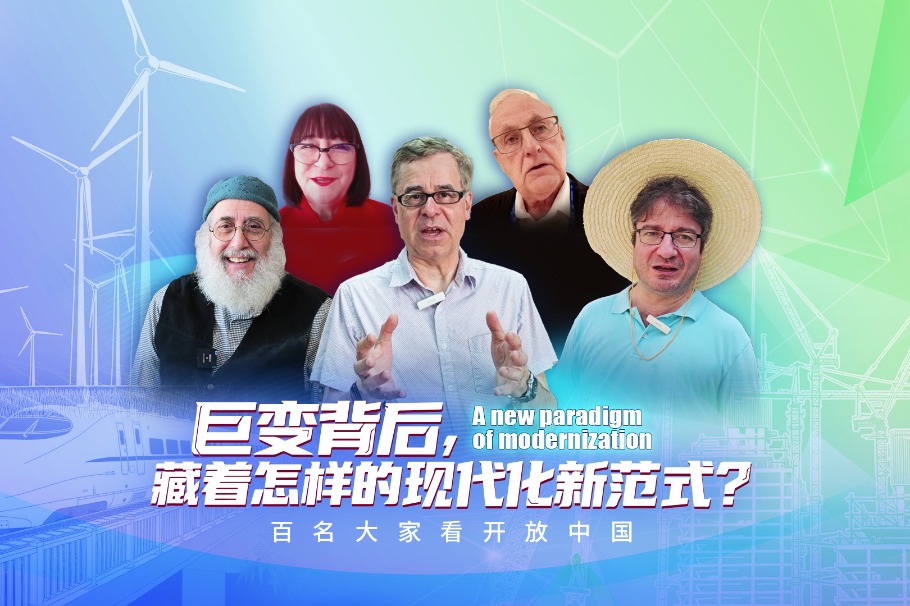'Memory clinics' turning back 'silver tsunami' of dementia
Beijing's innovative programs take lead in fighting cognitive decline


Investing in communities
Arthur Kleinman, a world-renowned psychiatrist and anthropologist at Harvard University, said a functional mental health ecosystem cannot thrive through institutionalization alone, but also demands investment in community networks that preempt crises.
"When hospitals close without parallel investment in neighborhood clinics, peer-support circles, and crisis de-escalation training for police, we trade one failure for another: overflowing jails replacing overcrowded wards," he told China Daily. "True reform lies not in abolishing institutions, but in ensuring communities become the first line of defense and sustained support."
Kleinman believes mental health systems must mirror the "cultural topography" they serve.
"Training grandmothers in rural villages as narrative therapists or adapting traditional mindfulness for dementia care isn't compromise; it's how global frameworks become locally vital," he said.
"The future of mental healthcare belongs to hybrid practitioners — village pharmacists trained to detect early cognitive decline, delivery drivers equipped with a crisis hotline, and retired teachers leading grief circles. Psychiatry's role isn't diminished but refocused, and supervising these distributed networks rather than gatekeeping care," he added.
Jin Enjing was a geriatrician at Harvard University before returning to China decades ago to improve care for Alzheimer's patients in Beijing.
"Effective dementia care begins by reimagining communal spaces as extensions of home," she said.
"We design neighborhoods with sensory anchors — gardens where patients cultivate herbs they recognize from childhood kitchens, communal kitchens with adaptive tools that honor muscle memory, and acoustic landscapes that buffer urban noise without isolating residents from life's rhythms. These aren't clinical compromises; they're bridges to preserved personhood," she said.
Jin said true community support transcends care facilities and requires promoting understanding of dementia in schools, and training pharmacists to spot early cognitive changes during medication consultations. It also extends to empowering dance groups for the elderly to become peer support networks.
"When a society stops viewing care as a private burden, parks become therapy spaces and checkout clerks become front-line observers," she said.
As the Beijing sunset gilds Baizhifang's "memory garden" where patients tend plants labeled with therapeutic mnemonics, Qian shares her newfound mantra.
"Growing old is not about fearing lost memories. It is about planting new ones, day by day," she said.
weiwangyu@chinadaily.com.cn
























